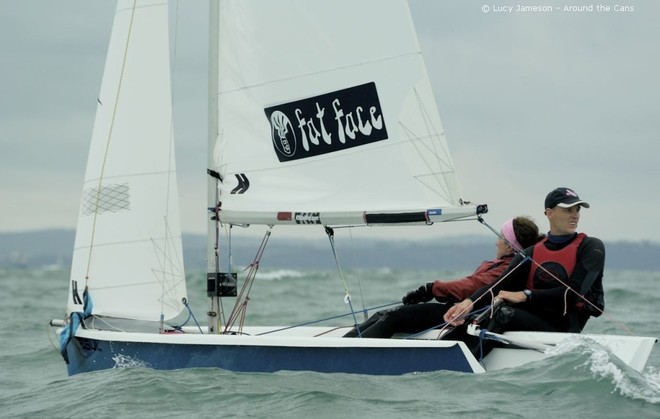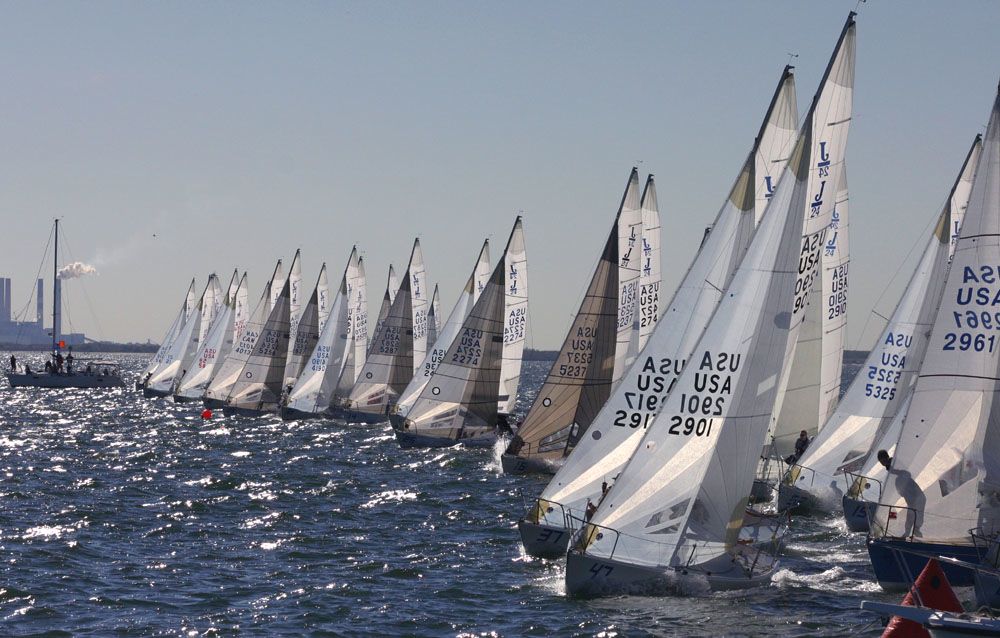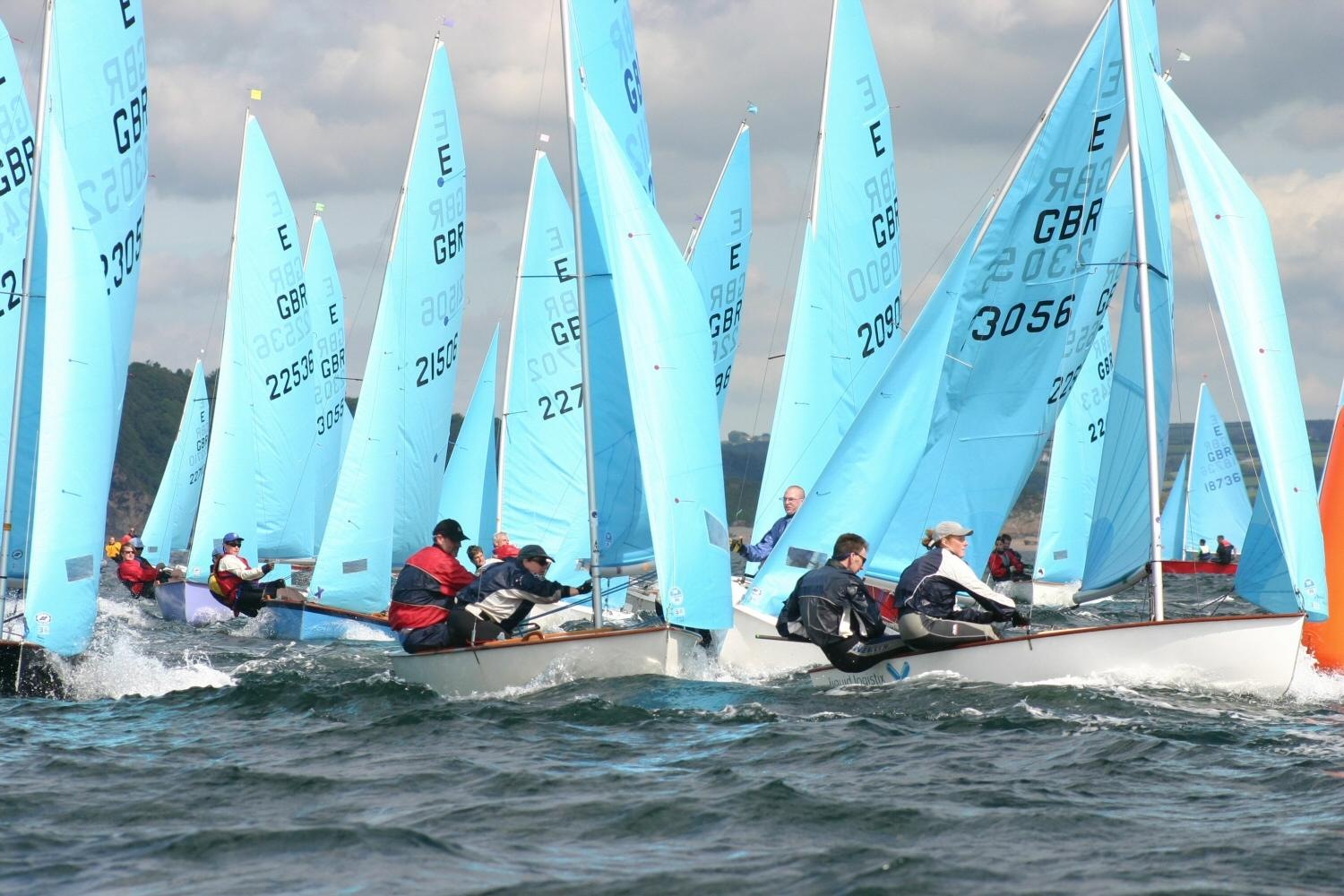To get a flavour of what's in this interview, scroll below the photo to see some Notes that summarise some of the topics Chris Simon raises. This is crucial stuff for taking into your next protest hearing...
To download the file to your desktop or MP3 player, click on the link below:
DOWNLOAD 'WINNING MOVES IN THE PROTEST ROOM' AUDIO FILE...

Winning a protest is not just about the rights and wrongs of what happened on the water
Notes from the interview with Chris Simon on Protest Technique...
- Less confrontational people do better - protesting is not confrontational
- You can have an arbitration hearing - less formal than a full hearing
- Advisory hearing - two parties don't know who was in the right and wrong but would like to talk to someone about it - this rules out possibility of any other action in relation to the incident
- Approach protests as an academic exercise - preparation is important - consult the rule book or any other related book properly
- Don't be afraid to say if you think someone is in the wrong - accept defeat graciously
- Disagreements can just come up when the two parties are not clear what the rules are
- Witnesses can be called up to give evidence on the incident - however, you can't interfere with them - let them just say what they saw
- Don't call up lots of witnesses who will all say the same thing if you don't want to annoy the protest committee - they can't stop you from doing this though
- The other party can question the witness first, and then you can
- You can't ask leading questions - but you can ask loaded questions
- In international cases, non-English speaking parties are allowed interpreters - juries try to ensure there is no unfair disadvantage to them
- Protestor and protestee are allowed to sum up their cases after all evidence has been given - you don't have to but it's important and can be crucial in your case - noone gets to question you - make sure you have a powerful summary
- Rules can be downloaded from the ISAF website - http://www.sailing.org/

 Audio (6 minutes): In the fifth part of Chris Simon's in-depth analysis of the New Racing Rules (2009 - 2012), the International Judge looks at the issue of 'Room to Tack' and the hail that you MUST make, and when you must (and must NOT) make that hail...
Audio (6 minutes): In the fifth part of Chris Simon's in-depth analysis of the New Racing Rules (2009 - 2012), the International Judge looks at the issue of 'Room to Tack' and the hail that you MUST make, and when you must (and must NOT) make that hail... Audio (12 minutes): In part four of our look at the new Racing Rules for 2009-2012, Chris Simon explains what an 'obstruction' means to the racing sailor. In most respects it tidies up the old rule, but there is a potential 'game changer' in how the new definition could encourage more aggressive jostling for position on the start line. Chris likes the rule change, Andy Rice is not so convinced...
Audio (12 minutes): In part four of our look at the new Racing Rules for 2009-2012, Chris Simon explains what an 'obstruction' means to the racing sailor. In most respects it tidies up the old rule, but there is a potential 'game changer' in how the new definition could encourage more aggressive jostling for position on the start line. Chris likes the rule change, Andy Rice is not so convinced...
